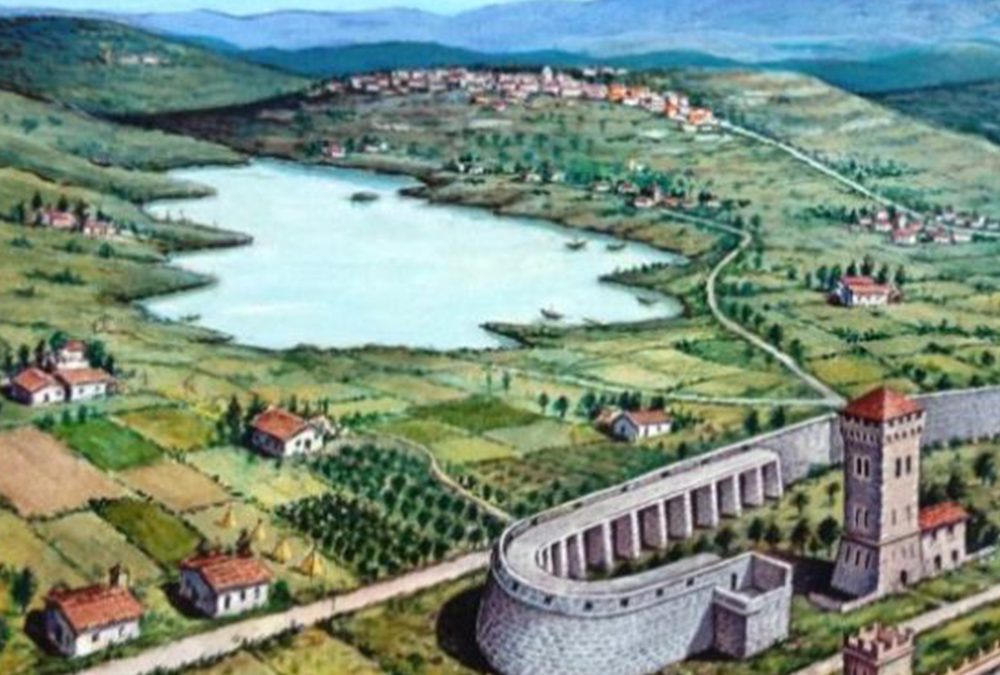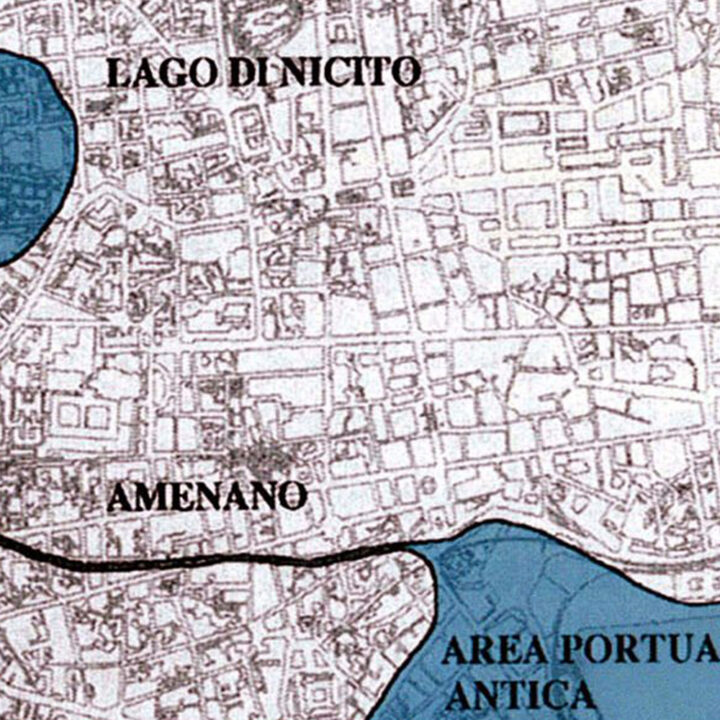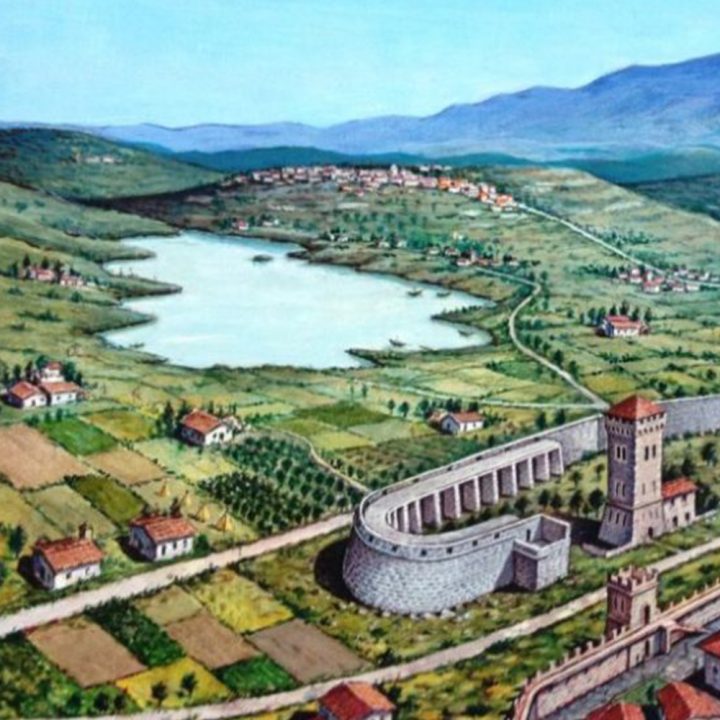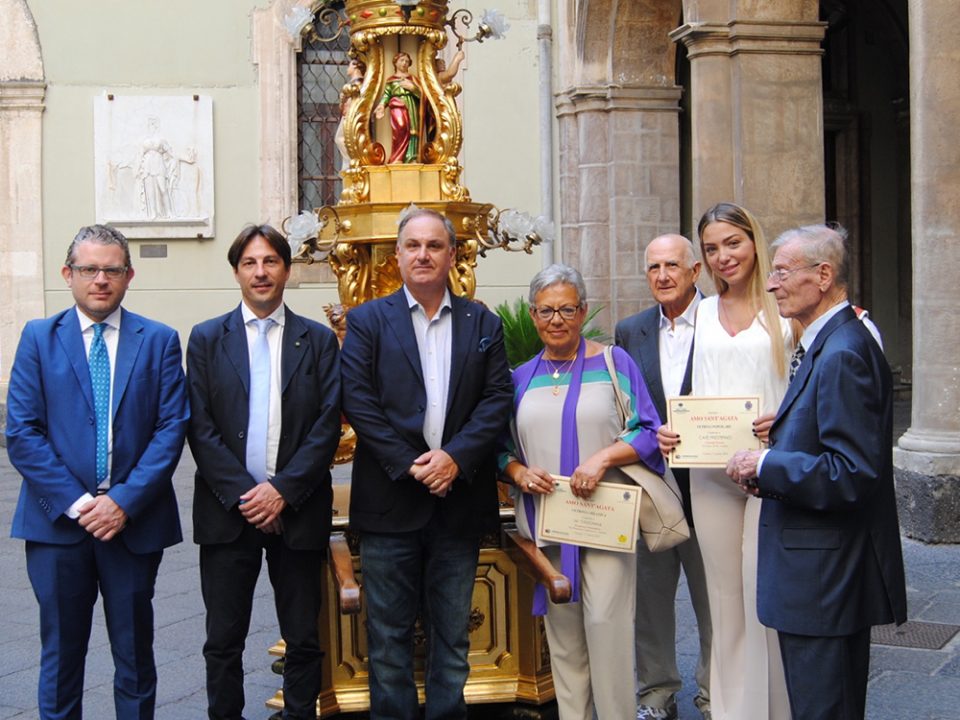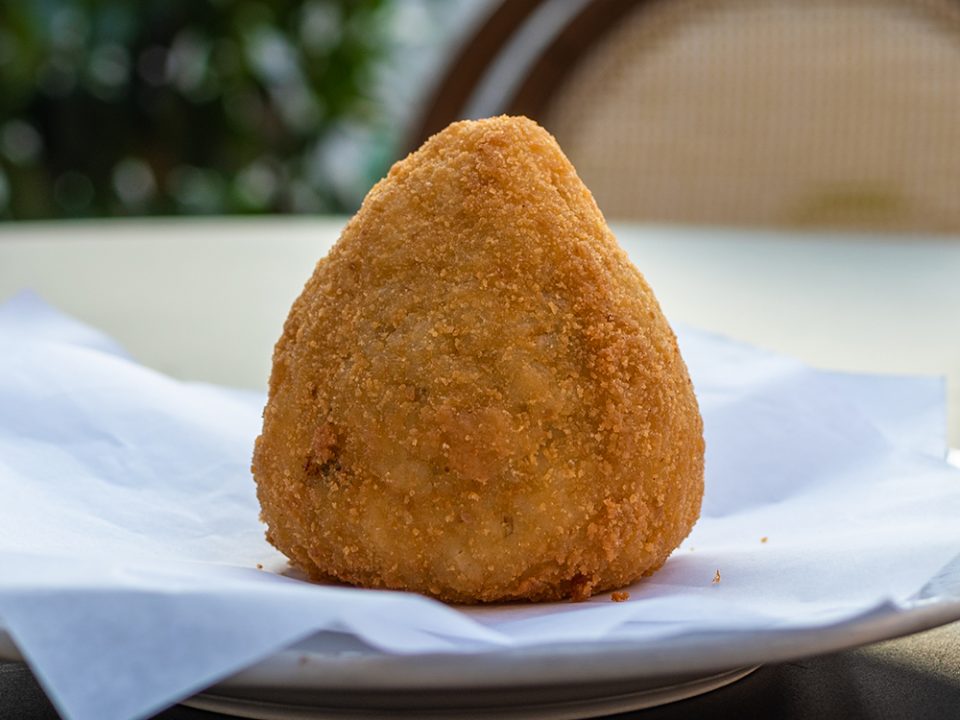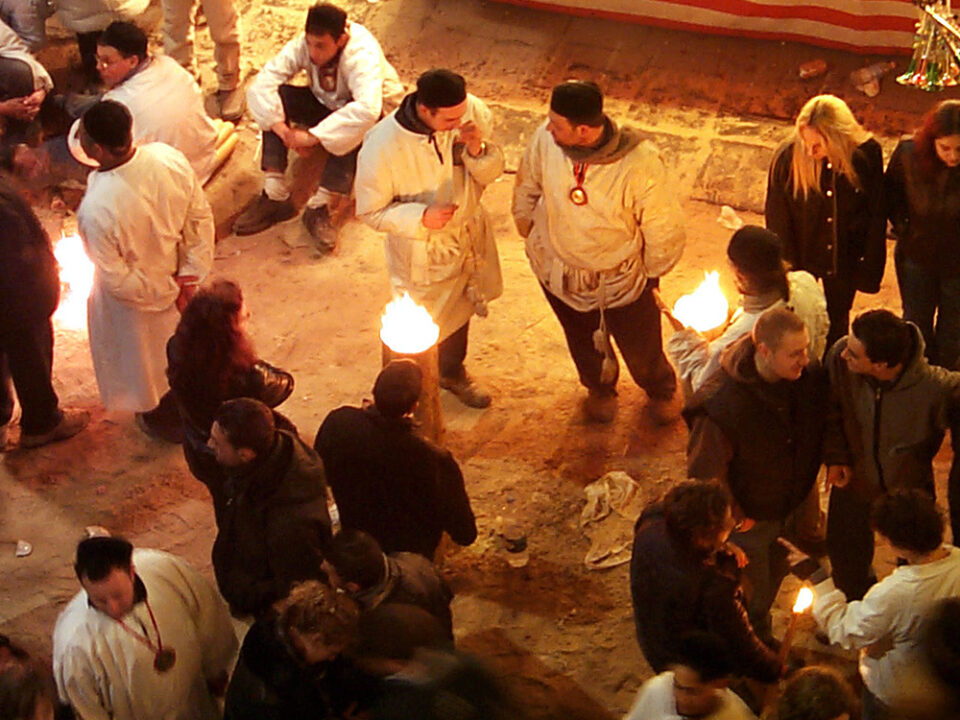Once upon a time there was a real Lake of Nicito
There really was a beautiful lake in the city and its name was Lake Nicito. The history of the lake lies within two events that have distorted and redesigned the face of the city of Catania. We are talking about two lava flows, one ancient and difficult to date (it oscillates between 496 BC and the 5th century AD), and the other in the more recent 1669. Regarding its origin, there are two theories and the most accredited is in 406 a. C. (496, according to other sources) the year in which the lava arrived near the northern outskirts of Catania at the time, diverting the course of the Amenano river to the height of the current church of S. Maria di Gesù. to form a sort of lava stone dam that gave rise to the body of water later named Lake Nicito. If we wanted to locate it today, we would have to imagine it from the parts of the Cibali district. Another hypothesis concerns Aniceto (Nicito would be an evolution of the speech distortions) which was also the name of a pope who rose to the throne in 155 AD. C.; according to other sources, the "original" flow of the lake would have taken place in the fifth century AD, so the name would have a "Christian" rather than Greek origin.
It is also said that the name Aniceto, or Anicito, was widespread in the Catania area and that the surname, still popular today, "Santonocito" derives from it. The lake was really large, think that it reached 15 meters deep, and had a perimeter of about 6 kilometers. Its characteristics made it suitable for hosting naval regattas and it is handed down that there were several disputed. The most spectacular of these took place shortly before his death, on September 8, 1654, on the occasion of the celebrations of the birth of the Madonna. It is April 15, 1669 when, after having already devastated numerous foothills, the lava approaches the countryside north-east of the city of Catania and the Anicito valley. From there, in a short time it reaches the beautiful lake of Nicito, filling it in just six hours.
